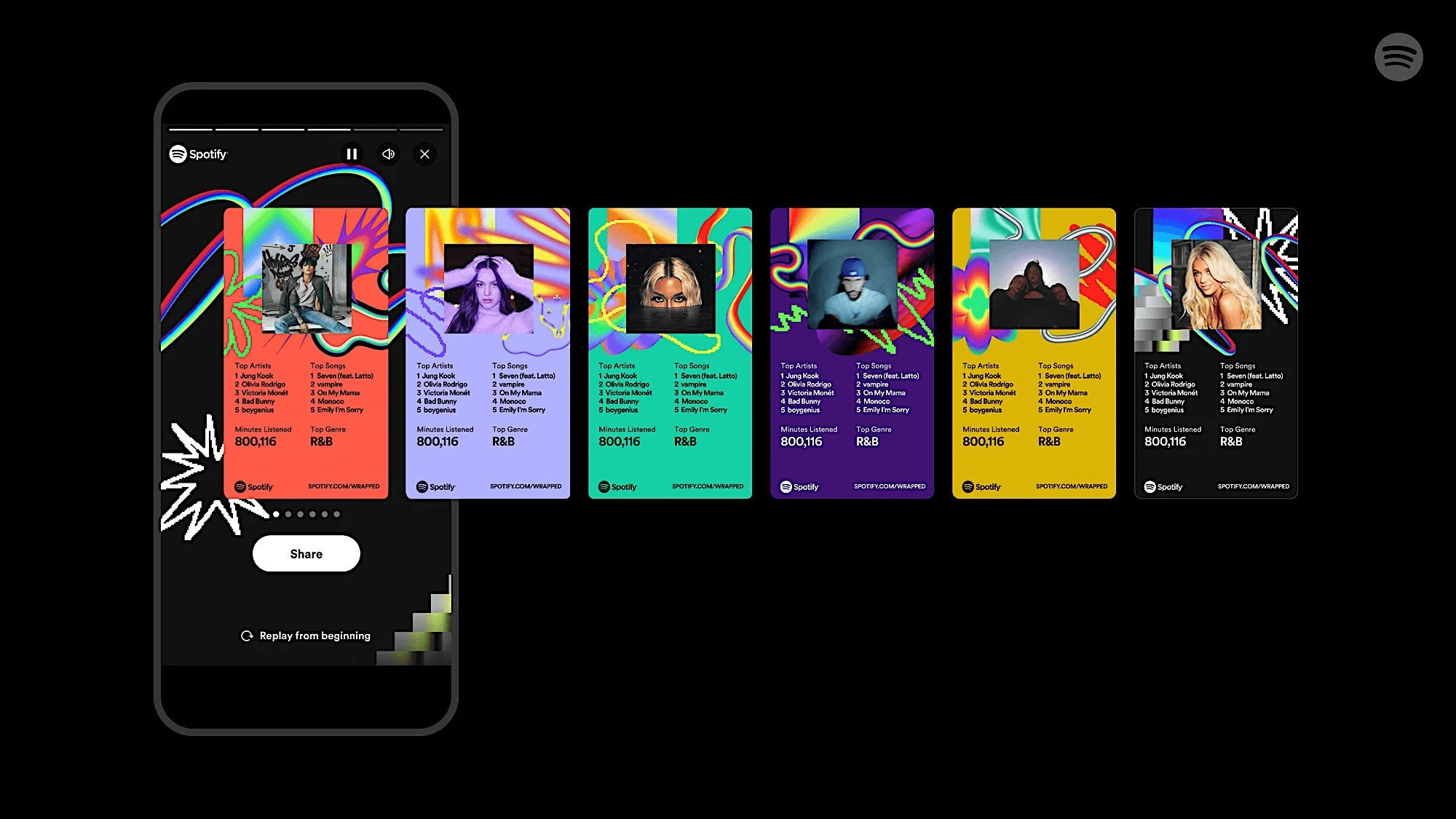In the fast-paced world of startups, branding is more than just a logo or a catchy tagline—it’s the essence of your company’s identity. It’s how you communicate your values, connect with your audience, and differentiate yourself in a crowded market. This ultimate guide is designed to help startups build a strong brand foundation that stands the test of time. From defining your brand identity to executing a comprehensive strategy, we’ll cover everything you need to know to transform your startup into a memorable and trustworthy brand.
Understanding Branding: More Than Just a Logo
Defining Brand Identity
Branding goes beyond visual elements; it encompasses your company’s mission, vision, values, and overall personality. A well-defined brand identity serves as a roadmap for all your marketing efforts.
Think about brands like Nike. Their identity is built around the spirit of athleticism and innovation. Everything from their products to their marketing campaigns reflects this core ethos.
Pro Tip: Start by crafting a clear and concise mission statement that outlines what your brand stands for and what it aims to achieve.

Conducting Market Research
Knowing Your Audience
Understanding your target audience is crucial for effective branding. Conducting thorough market research helps you identify your audience’s needs, preferences, and pain points, allowing you to tailor your brand to resonate with them.
For example, Spotify uses data-driven insights to understand its users’ music preferences, ensuring personalized experiences that foster loyalty.
Pro Tip: Utilize surveys, focus groups, and analytics tools to gather valuable data about your audience.

Crafting a Compelling Brand Story
The Power of Storytelling
A compelling brand story humanizes your business and creates an emotional connection with your audience. It should highlight your journey, challenges, triumphs, and the values that drive your company.
Consider the storytelling approach of Airbnb. Their narrative of belonging and creating unique travel experiences has set them apart in the hospitality industry.
Pro Tip: Use storytelling techniques to convey your brand’s mission and values in a relatable way.

Designing a Memorable Visual Identity
Elements of Visual Branding
Your visual identity includes your logo, color palette, typography, and overall design aesthetic. A strong visual identity makes your brand instantly recognizable and sets the tone for all your communications.
Take Apple as an example. Their clean, minimalist design reflects their commitment to innovation and simplicity.
Pro Tip: Work with professional designers to create a cohesive visual identity that aligns with your brand values.

Developing a Unique Value Proposition
Standing Out in the Crowd
Your unique value proposition (UVP) is what distinguishes your brand from competitors. It clearly communicates the benefits of your product or service and why customers should choose you over others.
For instance, Tesla has positioned itself as a leader in sustainable energy solutions, differentiating itself in the automotive industry.
Pro Tip: Focus on the specific benefits your brand offers and how it solves your customers’ problems.

Building an Online Presence
Dominating the Digital Space
In today’s digital age, having a robust online presence is essential. This includes a professional website, active social media profiles, and a consistent content strategy.
Brands like Glossier leverage their online presence to engage with customers and build a community around their products.
Pro Tip: Invest in a user-friendly website and regularly update your blog and social media with valuable content.

Engaging with Your Community
Building Relationships
Engagement goes beyond posting content; it’s about building genuine relationships with your audience. Respond to comments, participate in conversations, and show appreciation for your customers.
Starbucks excels in community engagement through personalized marketing and active social media interaction.
Pro Tip: Use social media listening tools to monitor mentions of your brand and engage with users. Host events and Q&A sessions to foster community involvement.

Delivering Consistent Customer Experience
Exceeding Expectations
A positive customer experience is crucial for building a strong brand. Ensure that every interaction with your brand—from browsing your website to customer support—is seamless and delightful.
Pro Tip: Train your staff to provide excellent service, and use customer feedback to continually improve. Personalize interactions to make customers feel valued.

9. Leveraging Influencer Partnerships
Amplifying Your Reach
Collaborating with influencers can significantly boost your brand’s visibility and credibility. Influencers have established trust with their followers, making their endorsements powerful.
Daniel Wellington has successfully used influencer marketing to grow its brand presence globally.
Pro Tip: Choose influencers whose values align with your brand and collaborate on authentic campaigns that resonate with their audience.

Monitoring and Adapting Your Brand Strategy
Staying Ahead of the Curve
Branding is an ongoing process. Regularly monitoring your brand’s performance and adapting to changes in the market is essential for long-term success.
Coca-Cola continually evolves its strategies to stay relevant and maintain its position as an industry leader.
Pro Tip: Use analytics tools to track your brand’s performance and stay updated with market trends. Be willing to pivot your strategy when necessary.

Utilizing Content Marketing
Creating Value Through Content
Content marketing is a powerful tool for building brand authority and engaging your audience. By providing valuable content, you can establish your brand as a thought leader in your industry.
HubSpot offers a wealth of resources, including blogs, e-books, and webinars, to help businesses improve their marketing strategies.
Pro Tip: Create high-quality content that addresses your audience’s pain points and interests. Use various formats like blogs, videos, and infographics to keep your content diverse and engaging.

Embracing Corporate Social Responsibility (CSR)
Aligning Actions with Values
Corporate Social Responsibility (CSR) is more than just a buzzword; it’s a critical component of modern branding. Brands that actively contribute to social and environmental causes demonstrate their commitment to making a positive impact.
Ben & Jerry’s integrates CSR into its core values, from supporting fair trade practices to advocating for climate justice.
Pro Tip: Identify social or environmental issues that resonate with your brand values and take actionable steps to address them. Communicate these efforts transparently to your audience.

Implementing SEO Strategies
Enhancing Online Visibility
Search Engine Optimization (SEO) is vital for increasing your brand’s visibility online. By optimizing your website and content for search engines, you can attract more traffic and potential customers.
Google is synonymous with search, and their SEO strategies have set industry standards.
Pro Tip: Focus on keyword research, high-quality content, and technical SEO to improve your search rankings.

Investing in Paid Advertising
Reaching a Wider Audience
Paid advertising can accelerate your brand’s growth by reaching a larger audience quickly. Platforms like Google Ads and social media ads allow for targeted campaigns that drive traffic and conversions.
Amazon uses extensive paid advertising to dominate search engine results and social media feeds, ensuring maximum visibility.
Pro Tip: Use a mix of PPC, social media ads, and display advertising to maximize your reach and ROI.

Embracing Corporate Social Responsibility (CSR)
Aligning Actions with Values
Corporate Social Responsibility (CSR) is more than just a buzzword; it’s a critical component of modern branding. Brands that actively contribute to social and environmental causes demonstrate their commitment to making a positive impact.
Ben & Jerry’s integrates CSR into its core values, from supporting fair trade practices to advocating for climate justice.
Pro Tip: Identify social or environmental issues that resonate with your brand values and take actionable steps to address them. Communicate these efforts transparently to your audience.

Conclusion
As we navigate the dynamic landscape of 2024, it’s clear that branding is more than just a marketing tool—it’s a critical component of business strategy. Brands that embrace these trends and adapt to changing consumer expectations will thrive in the competitive market. Whether it’s through purpose-driven initiatives, personalized experiences, or innovative technologies, the future of branding promises to be exciting and transformative.
